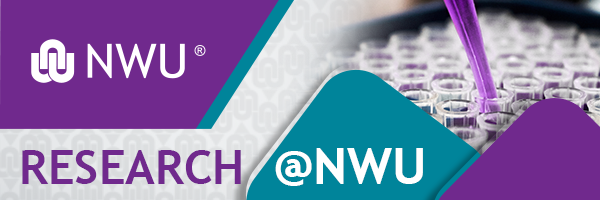Disease response projects aim to make Africa self-sufficient
In a time of Covid-19 fatigue, citizens are now confronted with a deadlier and highly transmissible Delta variant. This new virus mutation impacts on already over-burdened and under-resourced health systems. More alarming is that on day 460 of the lockdown, less than 1% of the South African population was fully immunised. In June less than 0,9% of the African continent has been immunised, compared to 28,2% of the Canadian and almost 50% of the United States' populations.
 READ MORE
READ MORE
|
Perennial grasses are the answer for veld restoration
In a water-scarce country like South Africa with growing demands for grazing, cultivated perennial grasses could be the answer to protecting the veld and providing nutrition for animals.
"Droughts, scarcity
of rain and overgrazing have caused a lot of degradation of the
veld, and therefore veld restoration is a priority for farmers and he animals that depend on grass for survival."
This is according to Ntokozo Msiza, PhD candidate in animal science at the NWU.
 READ MORE
READ MORE
|
Middle English fires the imagination of top-rated researcher
With a B2 rating from the National Research Foundation, Prof David Scott-Macnab is the highest rated researcher currently employed in the Faculty of Humanities. To receive a B2 rating, an academic needs to have published a substantial body of research in top-tier, high-impact international journals, books and chapters in books. Prof Scott-Macnab specialises in Middle English research, and since 2006 he has received a B2 rating three times in a row, the most recent in 2021.
 READ MORE
READ MORE
|
